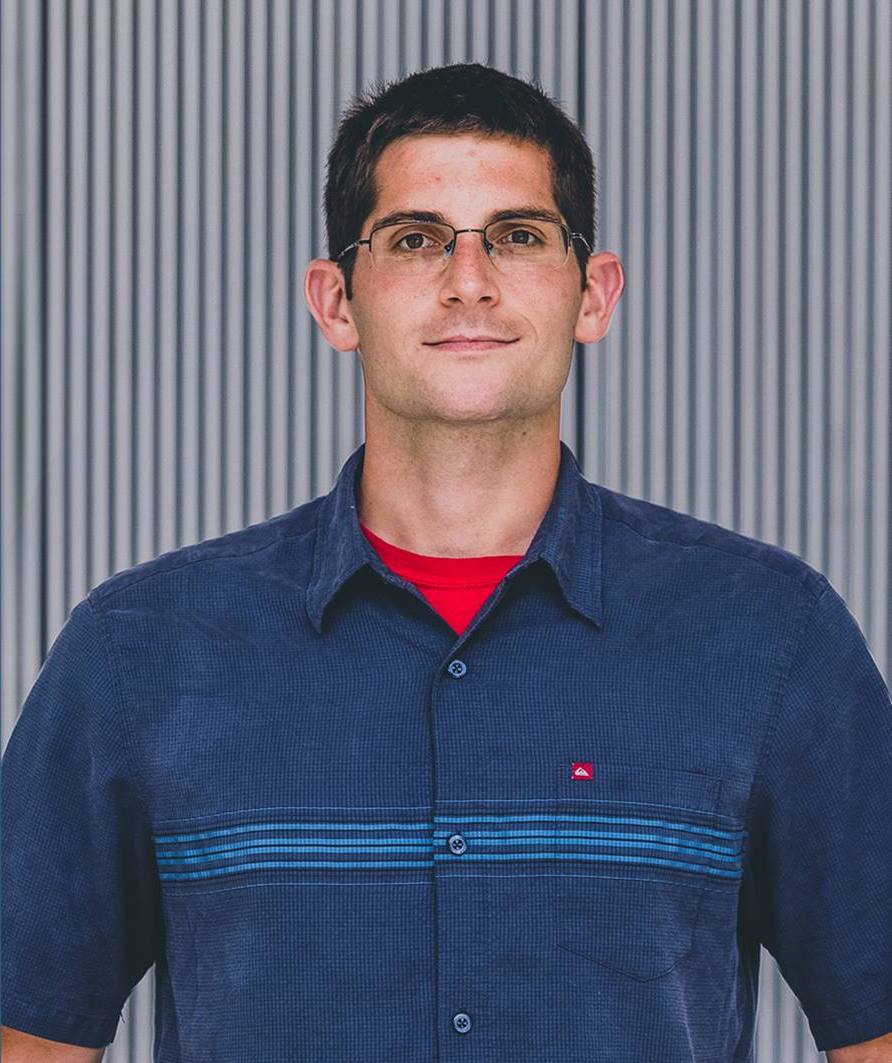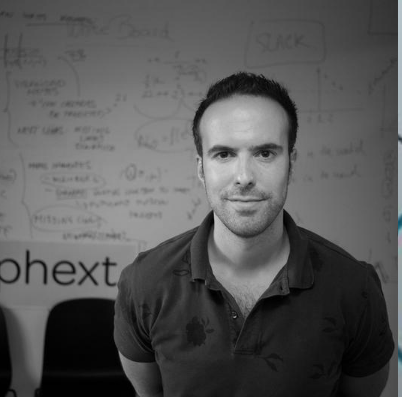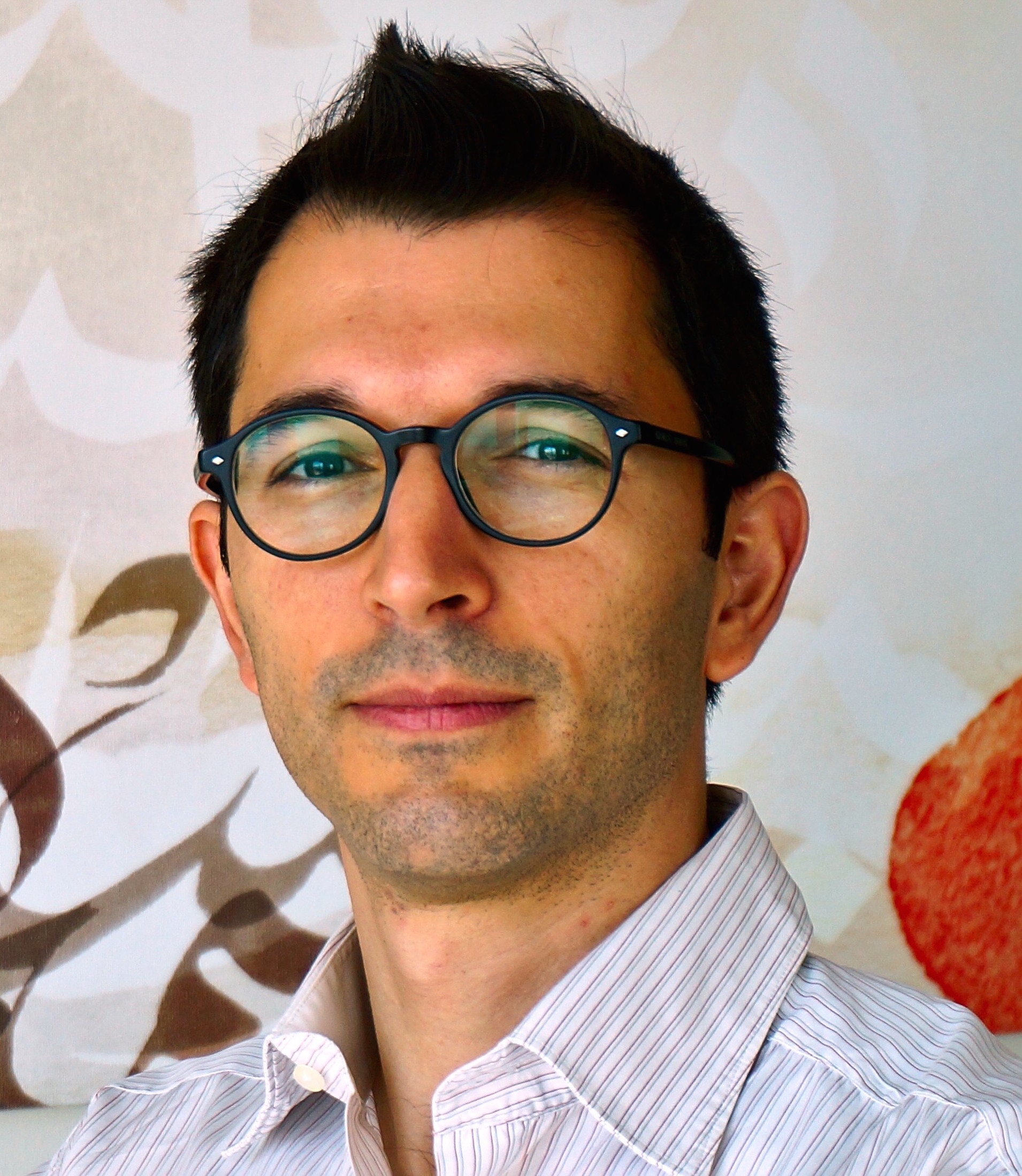About
Cities are the innovation centers of the US economy, but disruptions from technology or global events
can displace workers. Therefore, urban policy must promote the jobs and skills that increase worker
pay, stabilize employment, and make their workers adaptable to the future of work. This website
explores a data-driven framework for achieving such predictive capability based on employment
distributions in cities and the skill requirements of occupations according to data from the US
Bureau of Labor Statistics. The key innovation in this work is an ecologically-inspired job network
constructed from the similarity of occupations’ skill requirements. Despite regional and historical
differences, the economic resilience of cities is universally and uniquely determined by the
connectivity between jobs within a city’s job network. For example, our analysis reveals that
workers of occupations with high degree within a city’s job network enjoy higher wages than their
peers elsewhere. In labor market theory, skills play an essential role in the process that matches
job seekers to employment opportunities. For example, job seekers must possess the skills required
by an employment opportunity in order to qualify. Thus, gaps between the skills of job seekers and
the skills sought by employers can create labor market frictions and limit career mobility.
This study uses urban employment distributions from the US Bureau of Labor Statistics Occupational
Employment Statistics (OES) program in combination with occupational skill requirements from the
O*NET database produced by the US Department of Labor. We create a network of US job titles
(i.e. ac- cording to the Standard Occupation Classification (SOC) system used by the US Department
of Labor) based on the pairwise similarity of required skills. Combined with employment
distributions in cities, we can highlight which parts of the national job network are supported in
each city.
Mapping the economic resilience of urban labor markets
This framework enables us to consider a city’s labor market as an ecology of labor.
Ecological studies have shown that the density of network of mutualistic (i.e., mutually beneficial)
inter-species relationships determines the ecological resilience of an ecosystem. Thus, we employ
an analogous measure for the den- sity of connections within each city’s job network to assess the
city’s economic resilience. The analogy is that connections between occupations in a city’s job
network share similar skill requirements and, thus, may indicate that worker can transition between
those occupations without re-skilling. This in turn creates a positive spillover in the form of
career mobility for workers within the labor market indicating which workers may most easily find
new employment when a labor disruption occurs.
Exploring occupational embeddedness in urban labor markets
In addition to assessing systemic economic resilience, these job networks suggest that workers’
skills determine how central, or peripheral, they are to the rest of the city’s economy.
A worker whose skills are useful in other parts of their local labor market will have more
connections on the job network, thus indicating their increased relevance and value to the economy.
We test this idea by measuring the weighted degree of each occupation in the job network of each
city and comparing this occupational embeddedness to the average wages of workers with that job title
in each city. Confirming our hypothesis, we find evidence for an embeddedness wage premium.
Specifically, we find that, for almost all occupations in the US, workers of an occupation in a
city where that occupation is more embedded will earn higher wages than their peers in other cities
with the same job title.






